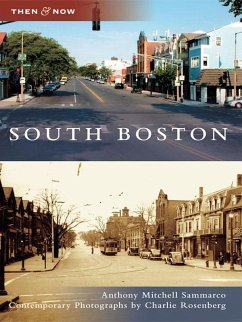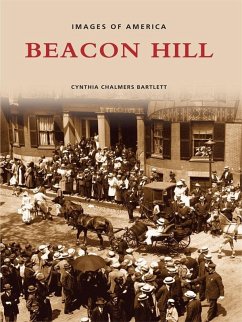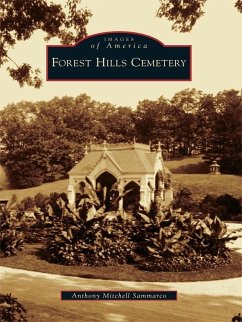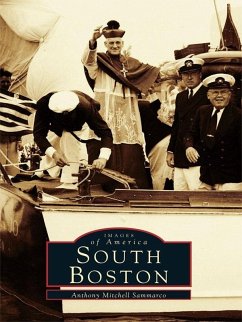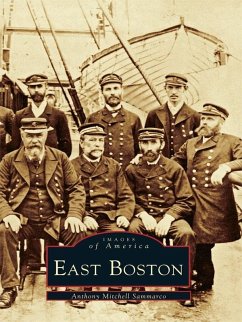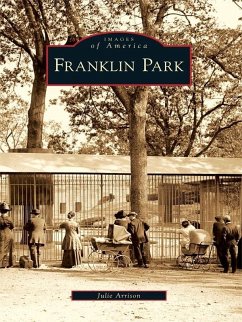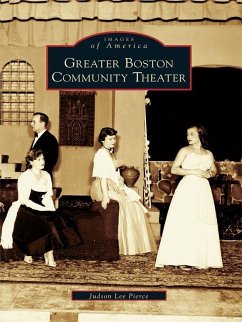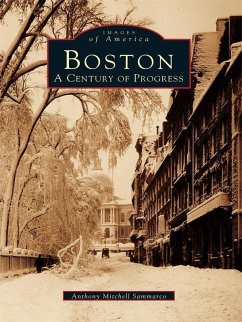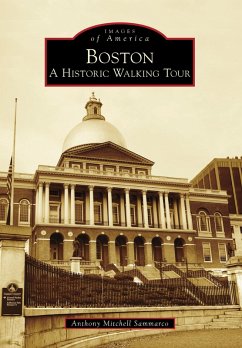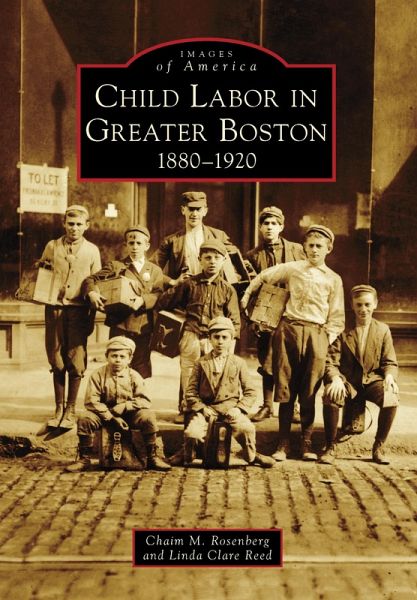
Child Labor in Greater Boston (eBook, ePUB)

PAYBACK Punkte
7 °P sammeln!
From its earliest days, Boston decreed that its children be taught to read and write English and understand the laws. In 1826, free and compulsory education was introduced. The wish to educate the young conflicted with the great need for unskilled labor in the fields and factories. With adult wages low, schoolchildren helped their families by selling newspapers, shining shoes, hawking goods, or scavenging. On reaching 14 years of age, many children left school to find full-time work. Fearing that these children would end up in low-paying, dead-end jobs, Boston Public Schools added trade school...
From its earliest days, Boston decreed that its children be taught to read and write English and understand the laws. In 1826, free and compulsory education was introduced. The wish to educate the young conflicted with the great need for unskilled labor in the fields and factories. With adult wages low, schoolchildren helped their families by selling newspapers, shining shoes, hawking goods, or scavenging. On reaching 14 years of age, many children left school to find full-time work. Fearing that these children would end up in low-paying, dead-end jobs, Boston Public Schools added trade schools to teach craft skills¿carpentry, printing, and metalwork for boys; dressmaking, cooking, and embroidery for girls. The national struggle to ban child labor began in the mid-19th century and ended with the passage of the Fair Labor Standards Act of 1938. This book describes the efforts in Boston and surrounding towns to keep children in school, at least until age 16, before permitting them to start work. The bulk of the images included were taken by Lewis Wickes Hine during his several visits to Boston between 1909 and 1917.
Dieser Download kann aus rechtlichen Gründen nur mit Rechnungsadresse in A, B, BG, CY, CZ, D, DK, EW, E, FIN, F, GR, HR, H, IRL, I, LT, L, LR, M, NL, PL, P, R, S, SLO, SK ausgeliefert werden.




